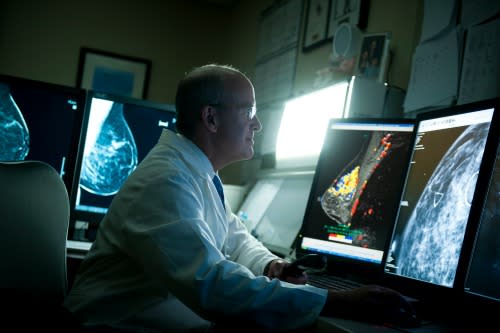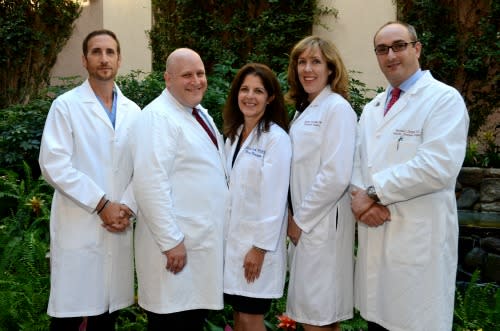Colorectal Cancer Screening Saves Lives
Published: March 05, 2018l
By the Carl & Dorothy Bennett Cancer Center staff
Colorectal cancer is different than most cancers. Colorectal cancer may be the second-most-deadly type of cancer in the United States, but there are things you can do to protect yourself—and the ways we detect and treat colorectal cancer are always improving. With preventative measures and regular screenings, you can help to keep your risk of colorectal cancer at bay.
Bottom line: SCREENING SAVES LIVES. On average, the lifetime risk of developing colon cancer is about one in 20 (5%), however, this varies widely according to individual "Risk Factors". 1 in 3 adults aged 50-75 are NOT up to date with recommended colorectal cancer screening.
What can we do to prevent this disease and why is screening/prevention so important?
Colonoscopy screening is the #1 way to prevent colorectal cancer because it finds cancer in its early and most treatable stages. Most people need to start their screening at 50 years of age, or earlier if they have risk factors. Typically, colorectal cancer begins as a slow-growing, small growth in the colon or rectum. Over time, these pre-cancerous growths – called polyps – can turn into cancer. You’ll often hear colonoscopies referred to as the “Gold Standard” of screening. And yes, they’re painless. The inside of the rectum and entire colon are examined using a long, lighted tube called a colonoscope. The night before the test- one needs to do “prep”. The prep is no walk in the park, but most would agree that a night in the bathroom is better than months or years going through chemo. Our team at Tully Center will make sure you’re equipped with everything you need to know about the procedure. As an added bonus, you’ll awaken to the wonderful smell of cinnamon raisin bread toast! Once you are awake and alert- you are discharged home and back to your normal daily routine the following day.
Other screening methods available which have been approved by the USPSTF and guaranteed covered by insurers are:
- Flexible sigmoidoscopy
- Double contrast barium enema
- Fecal occult blood test
- Fecal immunochemical test (FIT)
Screening methods that have not been approved by the USPSTF so therefore may not be covered by insurance are:
- Stool DNA, CT
- Colonography
- PillCam Colon
- Cologuard
Remember, it’s important to first have a discussion with your physician about your family history, individual risk factors, and lifestyle in order to come up with the best plan together.
Screening also helps find colorectal cancer at an early stage, when treatment is most effective - which is why THERE ARE CURRENTLY MORE THAN ONE MILLION COLON CANCER SURVIVORS ALIVE IN THE US. So, join us in our fight to wipe out colorectal cancer.
Sources:
National Cancer Institute
American Cancer Society
Coloncanceralliance.org
Fightcolorectalcancer.org
Featured Expert/ Author



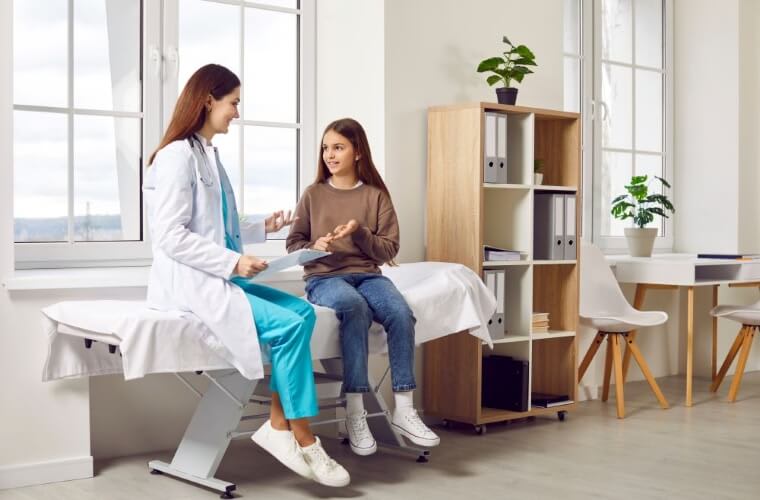

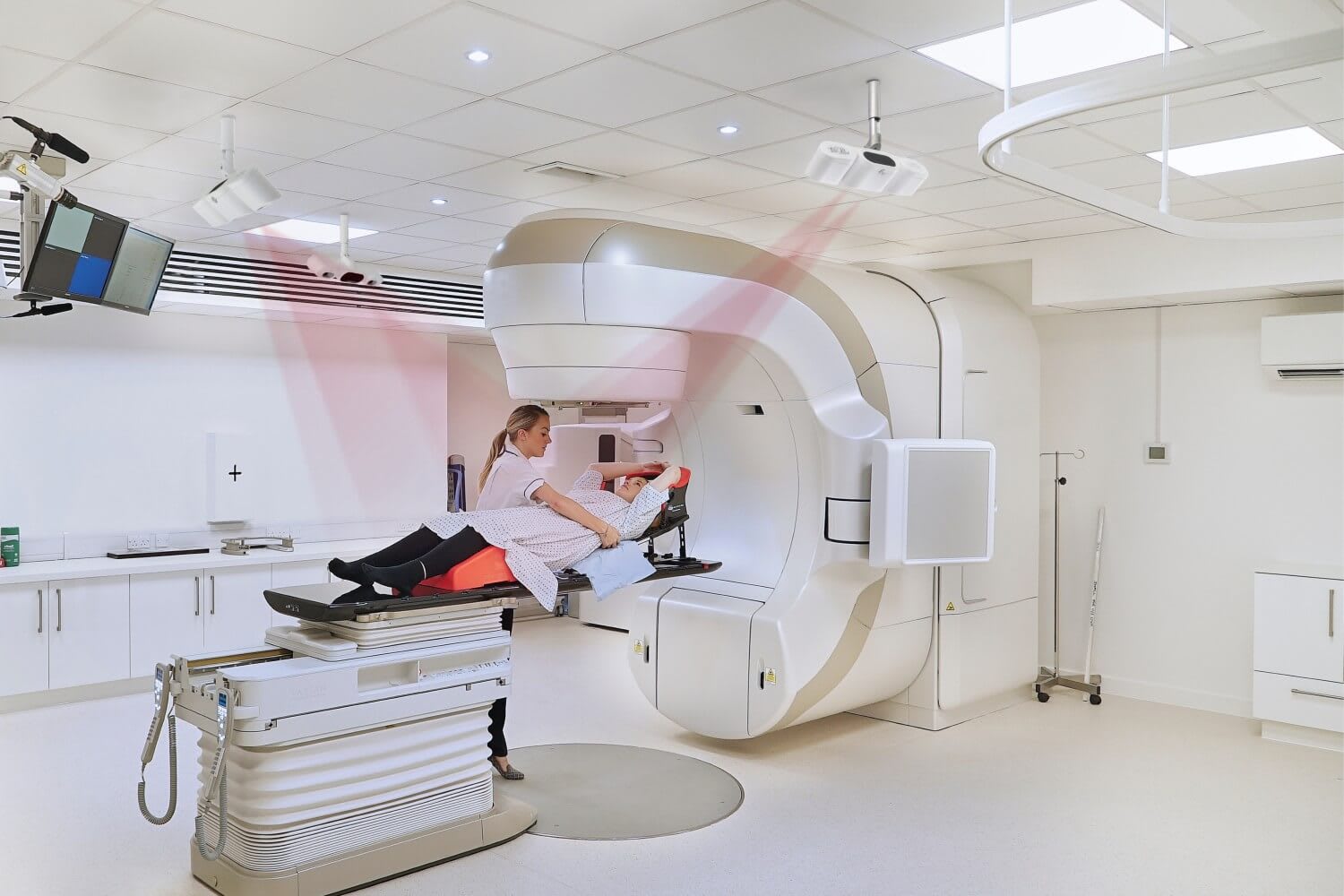
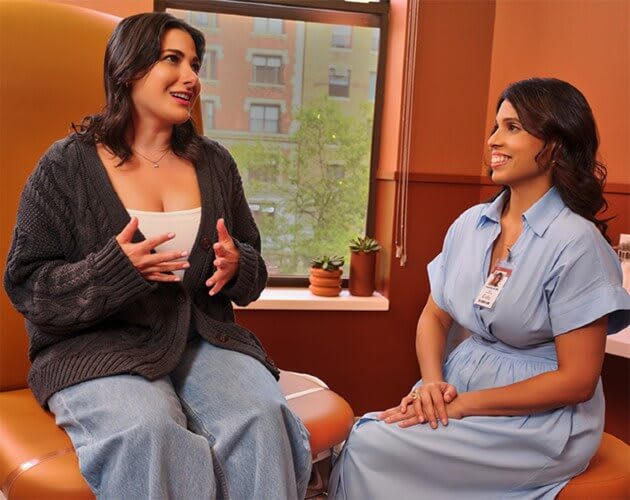

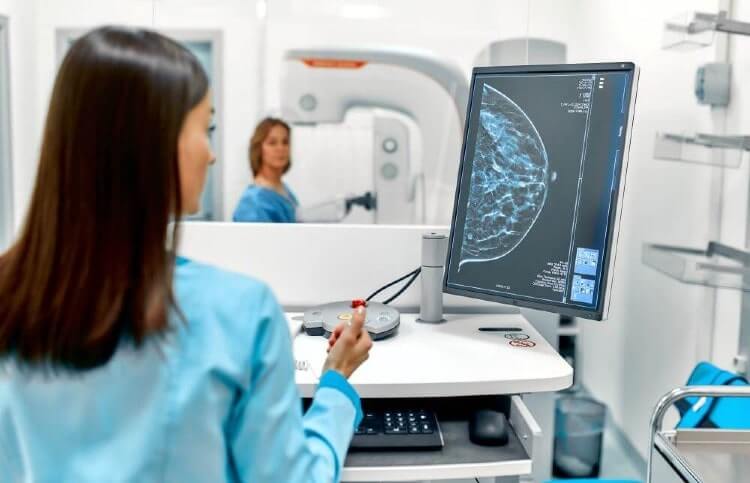

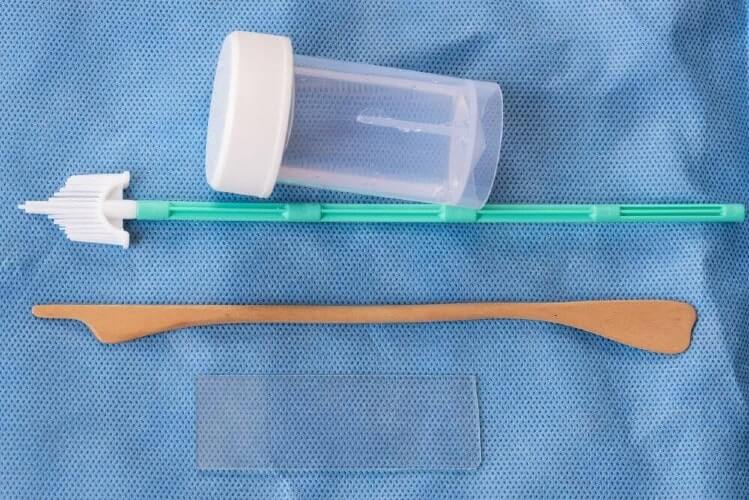











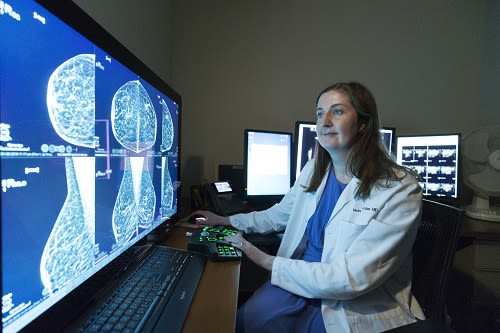
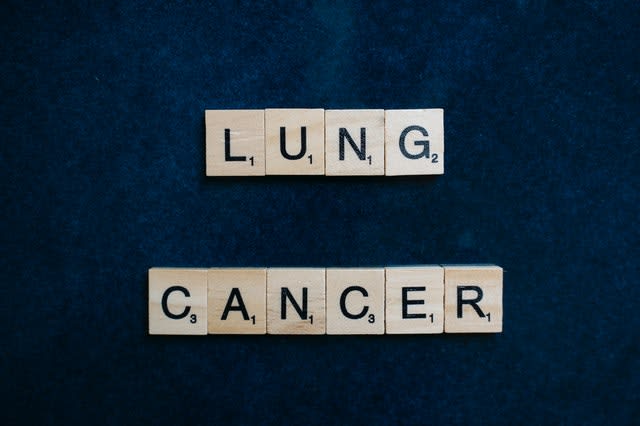

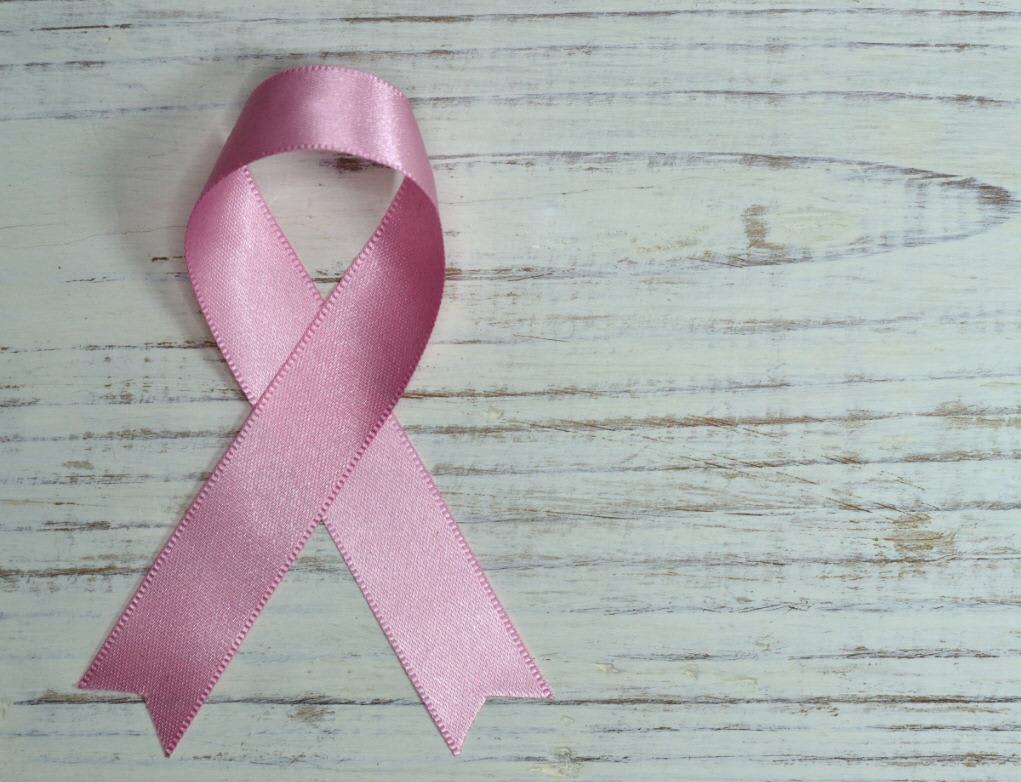
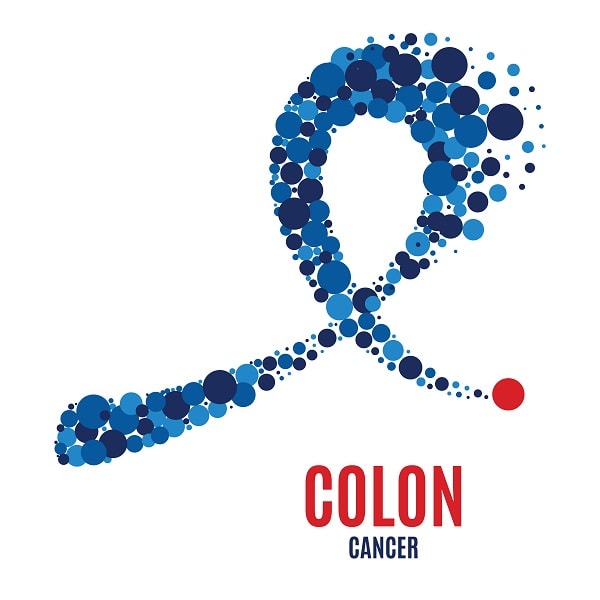

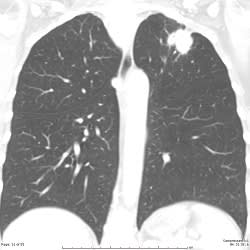





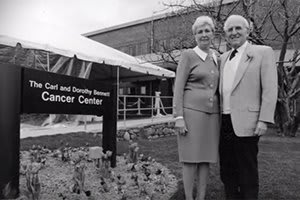

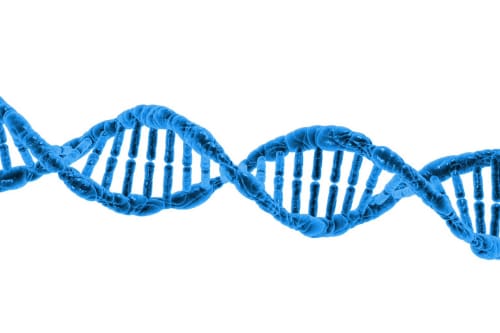


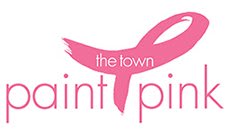


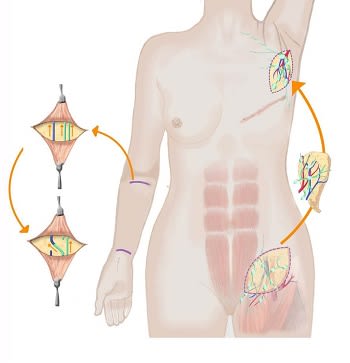




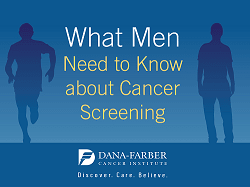












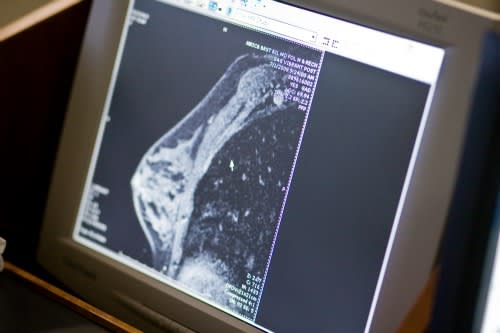

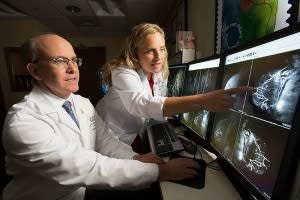






)


)
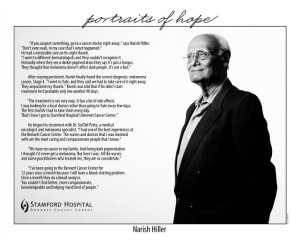
)
)
